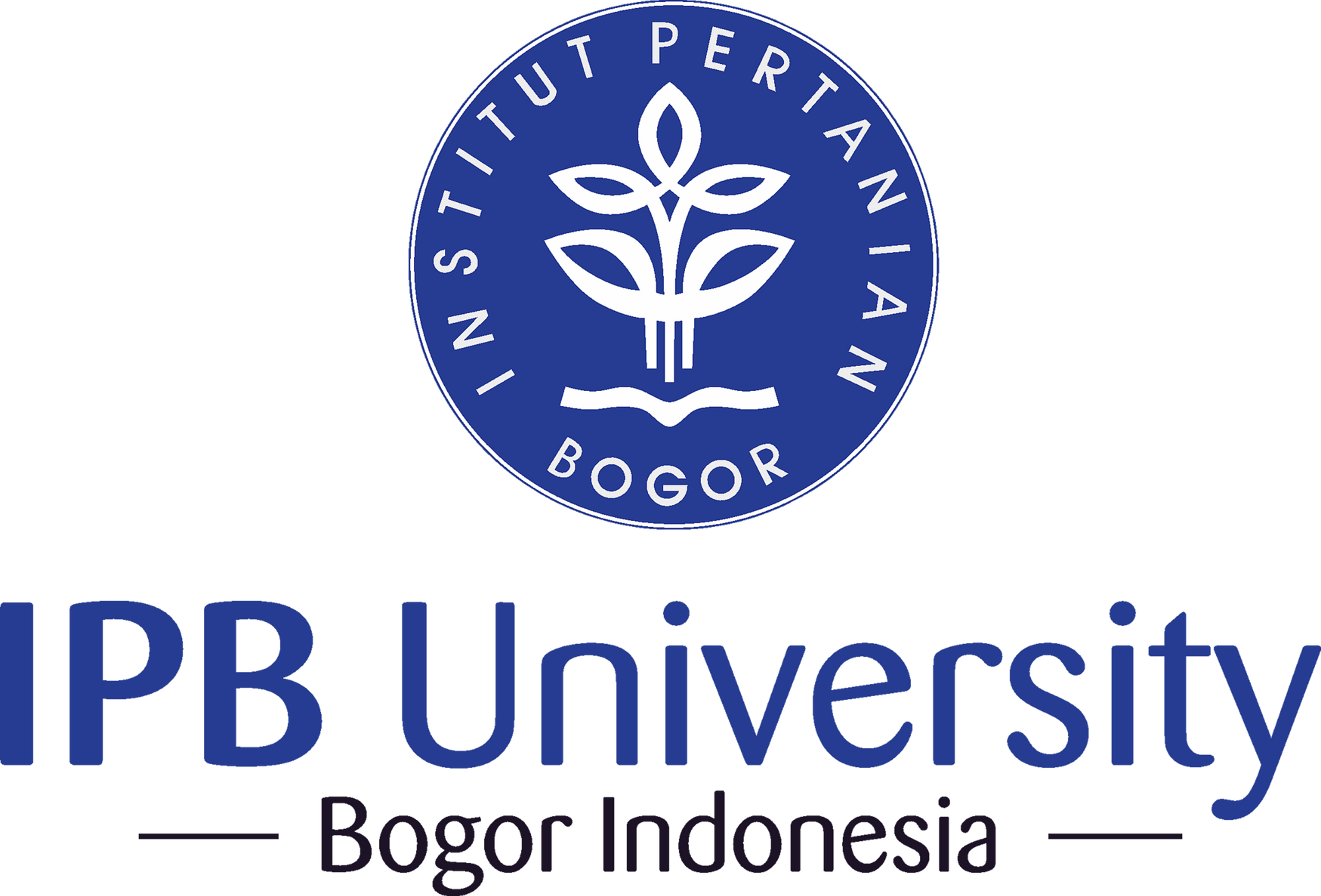Pengaruh Rhizobacteria pada Pertumbuhan dan Hasil Tanaman Bawang Merah (Allium ascalonicum L.) pada Kondisi Salin
Abstract
The aim of this study was to determine the effect of bacteria on the growth and yield of shallots (Allium ascalonicum L.) under salin condition. The research was conducted at Agrotechnopark Greenhouse of Brawijaya University from February to June 2018. The bacterial isolates were used are SN13 (Streptomyces sp.), SN22 (Bacillus sp.) and SN23 (Corynebacterium sp.) isolated from the soil of saline area of Lamongan, East Java Indonesia. The experiment used a split plot designs, consist of saline condition treatment as a main plot and various consentrations of bacteria treatment as sub plot. The results showed that bacteria inoculated plants had very significant root dry weight (22.10 - 30%), chlorophyll amount (reaching 26.03%) compared to controls (without bacterial inoculation), but reduced allicin content in the tuber of shallot. Bacteria did not affect the number of leaves, the proline content and the yield components of shallots under saline conditions. The application of endemic saline bacteria can improve plant growth under saline conditions. Saline conditions reduce both growth and yield of shallots, but increase the content of proline. The increasing proline concentration in leaves was the physiological response of shallot grown in saline conditions
Keywords: allicin, bulb, chlorophyll, proline, salinity













